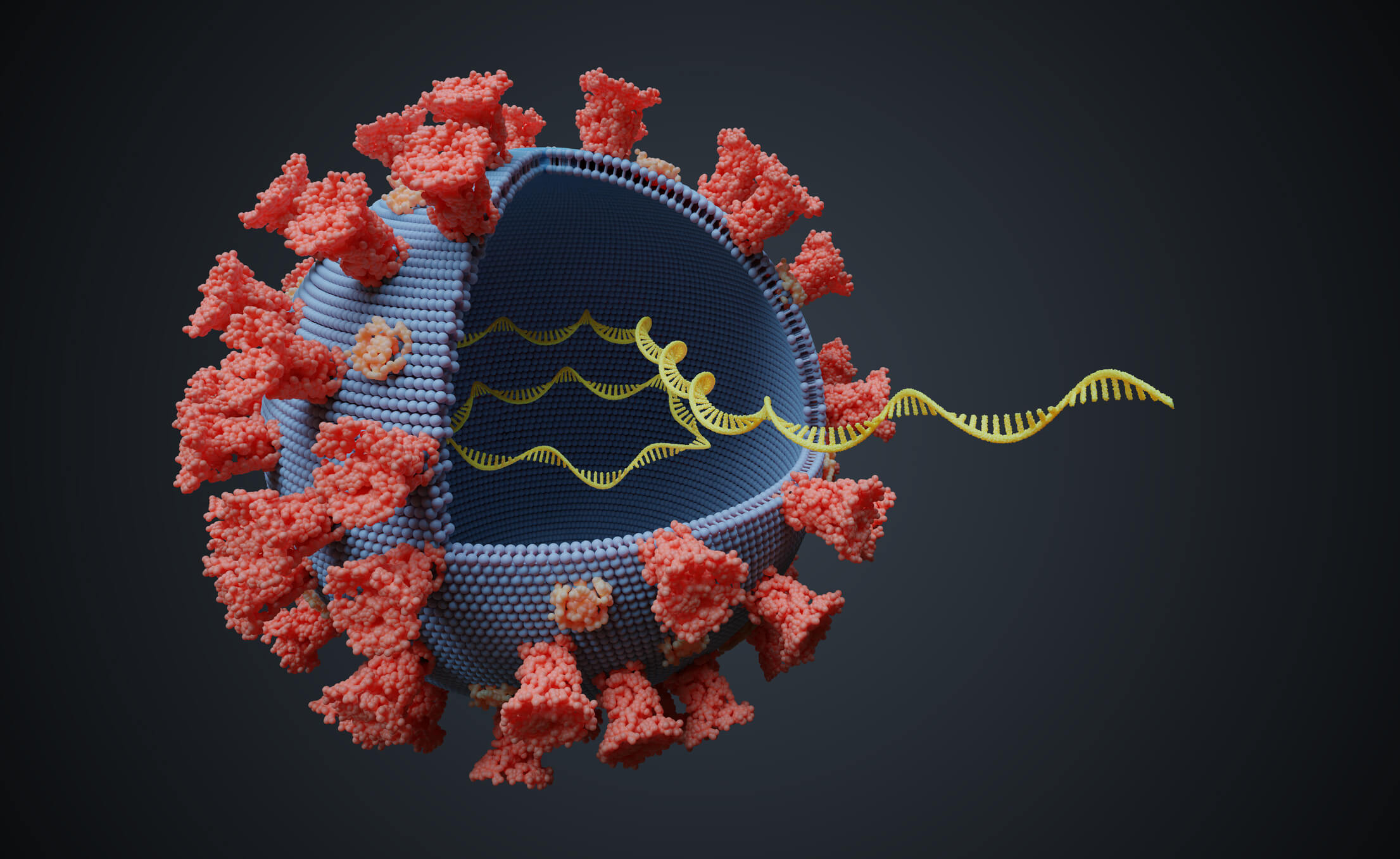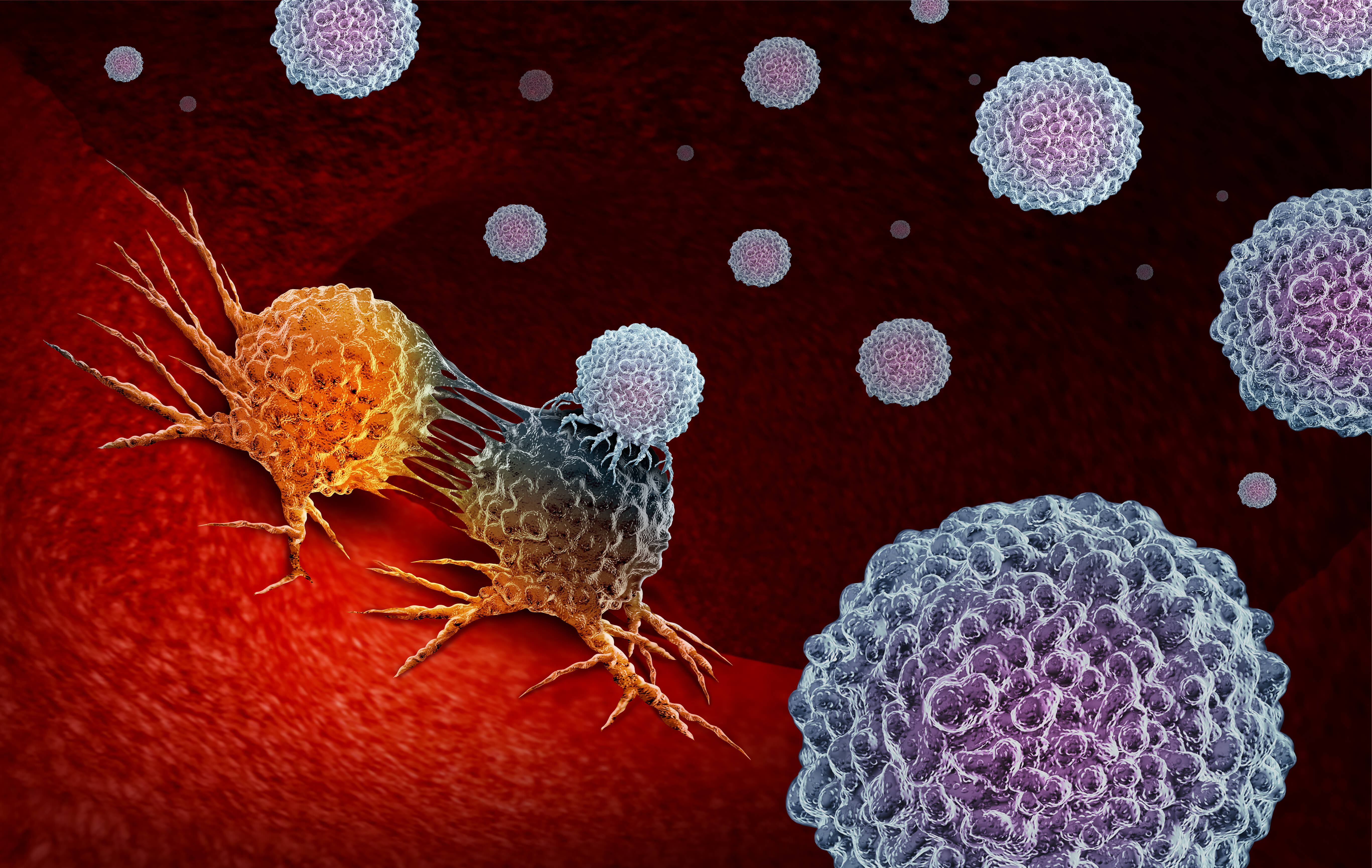Mejores momentos en la secuenciación de última generación de 2020

La comunidad NGS ha sido testigo de una colaboración increíble durante el 2020 en la batalla contra la COVID-19. Se publicaron miles de manuscritos revisados por expertos sobre el coronavirus, junto con más de 45 000 secuencias enviadas a GenBank. Twist Bioscience lanzó controles de ARN sintético de SARS-CoV-2 y un panel de enriquecimiento del objetivo por NGS para la detección viral en pacientes con la COVID-19. Oxford Nanopore, MGI e Illumina han realizado un progreso significativo en la tecnología de secuenciación, lo que incluye una precisión y una eficiencia mayores con menores costes para los investigadores. Se publicó el primer estudio de casos que exploraba la innovadora reversión de la diabetes de tipo 1 gracias a la secuenciación de exomas completos. Con un 2020 lleno de acontecimientos en la bibliografía, estos son algunos puntos destacados:
La increíble movilización para encontrar una cura para la pandemia de la COVID-19
Researchers around the world are collaborating in extraordinary ways to tackle the COVID-19 pandemic. Roughly 4% of the world’s research output was focused on the coronavirus, with over 100.000 published articles. The number of sequences submitted to GenBank grew exponentially, with over 45.000 submitted sequences. At the beginning of the pandemic, papers focused on the spread, outcomes, diagnostics, and testing. As the year went on, the shift focused to mental health research related to the virus.
In addition, over 300 COVID-19 in vitro diagnostic kits have had Emergency Use Authorization (EUA) approvals, spanning over 9 kinds of technology including antigen lateral flow, real-time reverse transcriptase polymerase chain reaction (qRT-PCR), electrochemiluminescence immunoassays (ECLIAs), enzyme linked immunosorbent assays (ELISAs), and many more. EUAs allow the Food and Drug Administration (FDA) to strengthen public health protection against threats by facilitating the availability of medical countermeasures (MCMs) needed during emergencies.

Twist Bioscience lanza controles sintéticos para las pruebas de la COVID-19
On March 12th, 2020, Twist Bioscience announced the availability of two synthetic SARS-CoV-2 RNA controls. These controls provide quality control for the development, verification, and validation of diagnostic tests including next-generation sequencing (NGS) and RT-PCR for COVID-19. The two controls cover the full SARS-CoV-2 viral genome and are sequence-verified. The FDA added the Twist controls as reference materials to their website on March 25th, 2020.
Justo cuatro días después del anuncio de los dos controles de ARN sintético del SARS-CoV-2, Twist Bioscience anunció la disponibilidad del panel de enriquecimiento del objetivo por NGS para la detección viral y la caracterización de pacientes con pruebas positivas para el SARS-CoV-2. Estos paneles están diseñados para usarse en pruebas de vigilancia y supervisión del entorno, al tiempo que proporcionan datos sobre la información de la secuencias para realizar un seguimiento de la evolución viral. Mediante la plataforma de síntesis de ADN basada en el silicio patentada junto con el enriquecimiento del objetivo con sondas de hibridación basadas en el ADN, los paneles de NGS de Twist ofrecen un alto rendimiento e identificación específica de las infecciones a partir de muestras sanguíneas, nasales y fecales. Estas herramientas de enriquecimiento del objetivo se utilizaron para detectar el SARS-CoV-2 específicamente en el metro de la ciudad de Nueva York y filtrar otros materiales genéticos, lo que ha proporcionado resultados de secuenciación más rentables y fiables.
En una respuesta rápida a una cepa nueva y más contagiosa que circulaba por el Reino Unido y Sudáfrica en diciembre, Twist está aprovechando su infraestructura y tecnología de síntesis de plataformas para ofrecer un control adicional con el fin de detectar esta variante específica.
Oxford Nanopore alcanza un 99,1 % de precisión con PromethION
During the 2020 Nanopore Community Meeting earlier this month, Oxford Nanopore revealed a few key advances in sequencing technology. First, their large-scale, long-read, direct DNA and RNA sequencing platform, PromethION, reached a record 99,1% modal single-read accuracy using improved sequencing chemistry, high-accuracy variant calling tools, and automation options at scale. Second, updates to their new analysis algorithm, Bonito CRF, have shown 98,3% single-read accuracy, which is corroborated by customer reports. These updates also improved structural variation accuracy to 96% with only 30X coverage. Single nucleotide polymorphism accuracy also reached 99,92%. Third, Oxford Nanopore collaborated with Hamilton and Opentrons to provide automation solutions for high-throughput projects or everyday workflows such as library preparation or liquid handling.
MGI e Illumina ofrecen plataformas de secuenciación asequibles
In February during the Advances in Genome Biology and Technology annual meeting, MGI announced the DNBSeq Tx “extreme throughput” sequencing platform, able to produce human genomes for only $100 in consumables costs. This platform consists of several components that spatially uncouples fluidics from imaging and uses large open slides instead of flow cells to carry the DNA nanoball arrays. It has an output of 70 terabases per run and has a runtime of 3,5 days and can process up to eight independent slides, each of which can produce data for up to 150 human genomes at 30X coverage. However, there are some caveats. In the US, the DNBSeq Tx platform will only run with the antibody-based CoolMPS sequencing chemistry. MGI has also not determined a list price. Lastly, MGI is currently in litigation disputes with Illumina, who was granted preliminary injunction for two patent lawsuits.
In August, Illumina announced the NovaSeqTM 6000 v1.5 Reagent Kit, making whole-genome sequencing more accessible and affordable. With only a $600 price tag, labs can now perform single-cell genomics, whole-genome sequencing, and liquid biopsy with flexibility and accuracy at scale. This kit has been enhanced to include improved quality specification score (Q30 scores upwards of 85% for read lengths up to 2x150bp), fully supported unique molecular identifiers, extended shelf life (six months instead of the previous three months), and support for new library prep kits and assays such as the Illumina DNA PCR-Free Prep Kit.
Illumina adquiere GRAIL por 8000 millones de USD
After filing to go public, GRAIL, a healthcare company focused on early cancer detection, was acquired by Illumina for $8 billion in cash and stock. This acquisition adds a multidisciplinary team to address NGS, population-scale clinical studies, and machine learning to multi-cancer screening, with earlier detection and better outcomes. GRAIL has been making progress on its GalleriTM multi-cancer screening test using methylation signatures in cell-free DNA. This technology will be used for broadly available blood-based cancer screening that will make detection more effective and cheaper. GalleriTM is expected to launch in 2021.

Guardant Health y Foundation Medicine enzarzadas en una batalla legal sobre la tecnología de biopsias de líquidos
Guardant Health, a leading precision oncology company, received FDA approval for its Guardant360® CDx, a liquid biopsy and NGS platform that uses high-throughput tumor profiling on blood to provide genetic information about a patient’s tumor in just seven days. The approval is for identifying epidermal growth factor receptor (EGFR) mutations in patients who might benefit from TAGRISSO (osimertinib), an FDA- approved therapy for metastatic non-small cell lung cancer (NSCLC). This less-invasive method for comprehensive genomic profiling moves beyond limitations of tissue specimens and provides better assessment of tumor composition, making it easier to identify problematic mutations in 55 tumor genes simultaneously.
In November, Guardant filed a lawsuit against Foundation Medicine, owned by Roche, for infringing on seven patents related to liquid biopsy. Foundation received FDA approval for its FoundationOne® Liquid CDx pan-tumor liquid biopsy test in August. This platform also uses a simple blood draw to analyze over 300 genes and genomic signatures for all solid tumor cancers. Because of the COVID-19 pandemic, the patent infringement jury trial will be on hold until March 2021.
La medicina de precisión de la secuenciación de exomas revierte la diabetes de tipo 1
In their correspondence to the editor of The New England Journal of Medicine, Chaimowitz et al. describe a case study of a 17-year-old boy with type 1 diabetes (T1DM). Whole-exome sequencing revealed a pathogenic heterozygous gain-of-function mutation in STAT1, a transcriptional activator involved in cell survival or pathogen response. La exportación nuclear del STAT1 puede regularse mediante la actividad de la quinasa JAK1. El paciente se trató con el inhibidor de la JAK1/2, ruxolitinib, que fue capaz de revertir esta DT1. El paciente pudo reducir las dosis de insulina y, por último, eliminar todas las dosis un año después de iniciar la administración de ruxolitinib y casi dos años después de ser diagnosticado con DT1. Este estudio de caso es el primero en demostrar la reversión de la DT1 debido a una mutación del STAT1.
With all of these new technologies in NGS diagnostics and treatment, the NGS industry will be riding a wave of momentum going into 2021! Twist is proud to support the scientific community with robust tools for NGS analysis.
¿Qué piensa?
Me gusta
No me gusta
Me encanta
Me asombra
Me interesa
